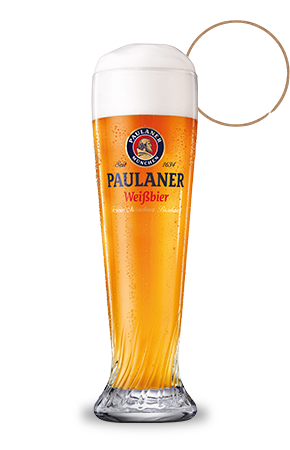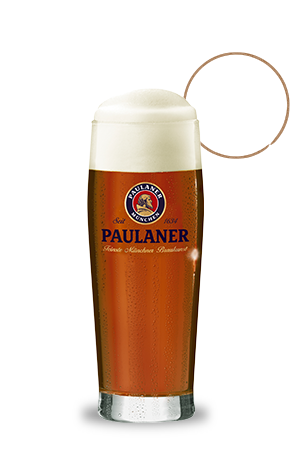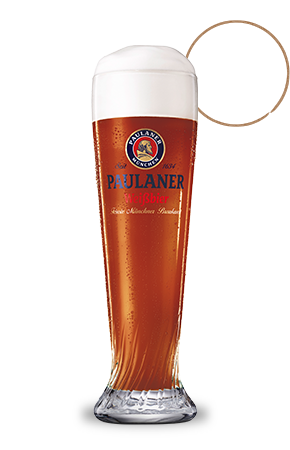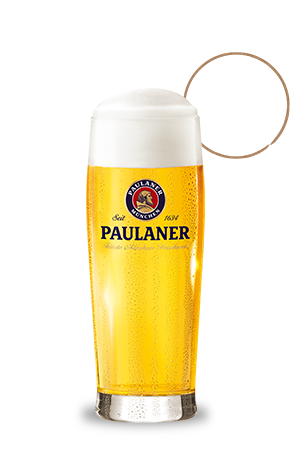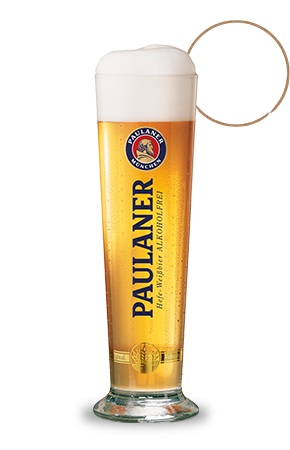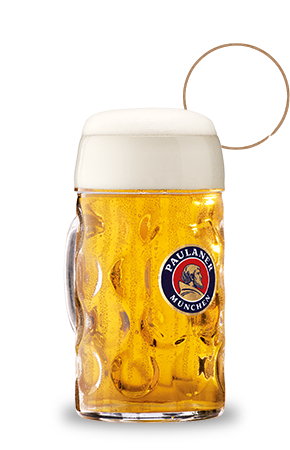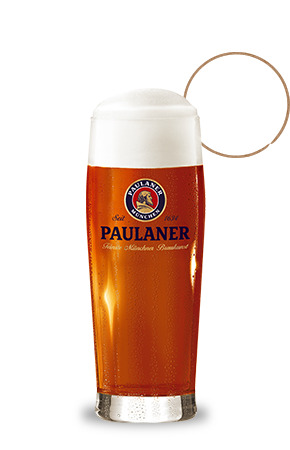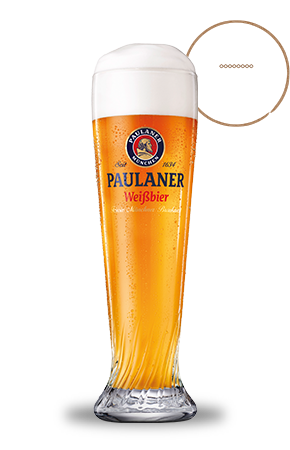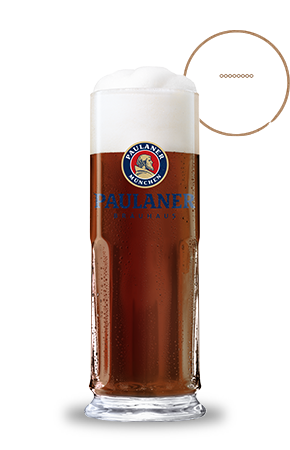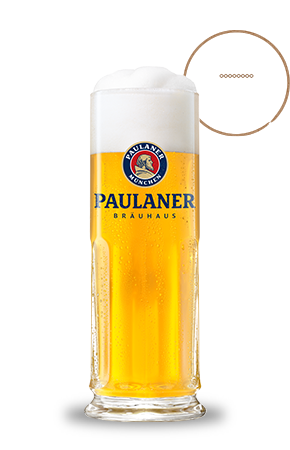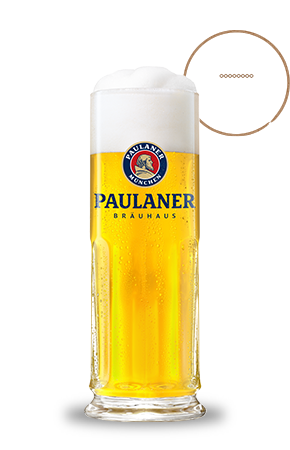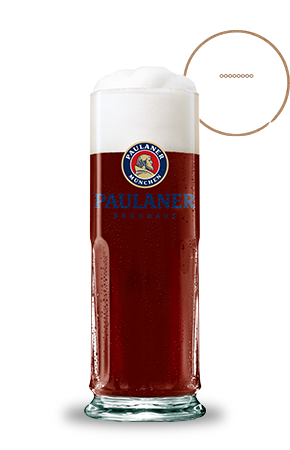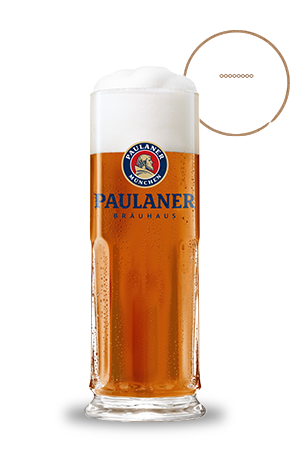Freshly Brewed According to the Bavarian Reinheitsgebot.
[ˈra͜inha͜it͜sɡəboːt]
The \'Oldest Food Law\' (1516) guarantees the quality and purity of beer. Only four ingredients are allowed: water, malt, hops and yeast.
Brewing art live on site
In our breweries, our beer specialities are handcrafted on site. In Munich and around the world, high-quality brewing kettles are the heart of every Paulaner brewhouse. The story of every freshly brewed Paulaner Bräuhaus beer begins with a complete micro-brewery, which is transported from Germany to cities all over the world - a true craft guaranteed by the best master brewers. It is important to know that every single Paulaner beer that is drunk worldwide has been brewed according to the strictly applied Bavarian Purity Law. In this way the Paulaner master brewers, with their love of detail and passion, guarantee that our high quality standards are maintained.
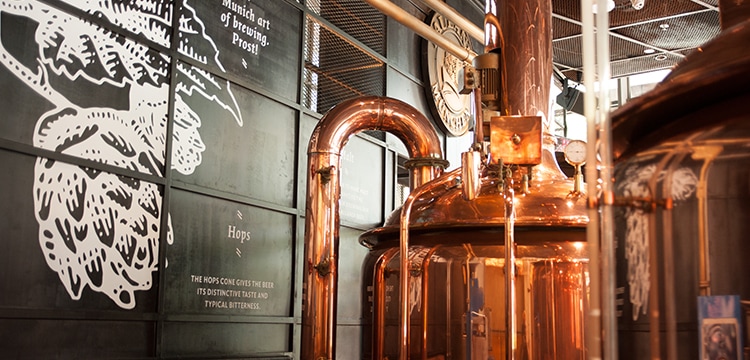
Our Paulaner Bräuhaus Beer.
How the Finest Munich Art of Brewing Tastes.
 Our Water.
Our Water.
The best brewing water is the main component of Paulaner beer specialties. Its extreme softness and purity guarantee beer enjoyment of the utmost quality.
 Our Malt.
Our Malt.
Malt is another important raw material in our beer. Paulaner brewmasters use only the finest malt. Our quality beers are made from barley malt and wheat malt. Wheat malt is used primarily for the production of our wheat beers. The color is determined by the type of malt, which is brought out during the drying process.
 Our Hops.
Our Hops.
The Hallertau region in Bavaria is known for its largest, connected hops-growing area in the world and its outstanding quality. These aromatic hops are particularly useful for the production of beer: depending on the variety and quantity they give beer a subtle to intense level of bitterness and a refreshing, bitter taste. Also, hops have a positive effect on a beer’s head and shelf life. The hop oil contained in the cones, gives beer its distinct aroma, known as a hop bouquet.
 Our Yeast.
Our Yeast.
Yeast is one of the crucial factors for the later quality and taste of beer. Despite being just tiny yeast cells and unrecognizable to the naked eye, they significantly impact beer: only by adding yeast can fermentation begin, which converts the malt sugar into alcohol and carbon dioxide. In addition, yeast is creating aroma substances that will shape how a beer tastes. For this reason, we use only the best Munich yeast to create a unique tasting experience. Depending on the style of beer, either top-fermented or bottom-fermented yeast cells are used. All the wheat beers are made with top-fermented yeast, while all of the other types of beers, like lager, Dark or Pilsner, are brewed from bottom-fermented yeast.
The Taste Of Munich
Welcome to Paulaner Bräuhaus.
The Paulaner Bräuhaus website is only accessible for people 16 years of age or older. To find out why we don’t advertise to underage youth, go to the German Brewers Association website:
www.bier-bewusst-geniessen.de
Please confirm that you’re at least 16 years old.
You are now leaving the Global Site
Please note that the responsibility for local content lies with the franchise partner. Paulaner Franchise & Consulting GmbH denies all responsibility for content, topicality, integrity or accuracy of the local websites.

